Genetic Test For Polycystic Kidney Disease
Genetic test for polycystic kidney disease. Common genetic disorders associated with kidney disease include polycystic kidney disease Alports Syndrome and Fabrys disease. To have genetic counselling you will need to be referred by your kidney specialist or your GP. The commercially available genetic-testing product 23andMe provides results for carriers of the autosomal recessive polycystic kidney disease ARPKD gene which is a great benefit to those in the family-planning phase.
Although polycystic kidney disease is usually a genetic disorder a small percentage of cases are not caused by gene mutations. PKD can be inherited as dominant ADPKD or recessive ARPKD and is. Severity of symptoms cannot be predicted.
Symptoms vary in severity and age of onset but usually develop between the ages of 30 and 40. Polycystic kidney disease PKD is a genetic disease which causes multiple fluid-filled cysts to form and grow on the kidneys. However polycystic kidney disease cysts can actually change the shape of an individuals kidneys.
This testing can help you learn if youve inherited a genetic mutation. Polycystic kidney disease refers to a group of inherited kidney disorders characterized by the presence of multiple cysts in both kidneys. Polycystic Kidney Disease GTR Test ID Help Each Test is a specific orderable test from a particular laboratory and is assigned a unique GTR accession number.
Cat has or will develop PKD. Normally simple kidney cysts are harmless when they form. The advances of genome-wide association studies GWAS helped identify several hundred other genes linked to kidney diseases.
Autosomal dominant polycystic kidney disease ADPKD is a genetic disorder characterized by the growth of numerous cysts in the kidneys. Researchers have not determined how mutations in the PKHD1 gene lead to the formation of numerous cysts characteristic of polycystic kidney disease. Other tests such as ultrasound scans tests of renal function and blood pressure checks may be advised.
Normal kidney tissue is replaced by fluid-filled sacs that interfere with the their ability to filter waste products from the blood. ADPKD is a progressive disease and symptoms tend to get worse over time.
Genetic testing is mainly performed to confirm the likelihood of developing PKD and if renal therapy is essential.
However pure ADPLD patients are frequently not genetically screened as knowledge about the genotype-phenotype correlation is currently limited. However pure ADPLD patients are frequently not genetically screened as knowledge about the genotype-phenotype correlation is currently limited. ADPKD is a progressive disease and symptoms tend to get worse over time. The format is GTR000000011 with a leading prefix GTR followed by 8 digits a period then 1 or more digits representing the version. Polycystic kidney disease refers to a group of inherited kidney disorders characterized by the presence of multiple cysts in both kidneys. To have genetic counselling you will need to be referred by your kidney specialist or your GP. 1 copy of the PKD1 gene. The advances of genome-wide association studies GWAS helped identify several hundred other genes linked to kidney diseases. Common genetic disorders associated with kidney disease include polycystic kidney disease Alports Syndrome and Fabrys disease.
It can also make the kidneys much larger than their normal size. PKD1 Polycystic Kidney Disease. Polycystic kidney disease PKD is a genetic disease which causes multiple fluid-filled cysts to form and grow on the kidneys. Genetic diagnosis of autosomal recessive polycystic kidney disease ARPKD is challenging due to the length and allelic heterogeneity of the PKHD1 gene. PKD can be inherited as dominant ADPKD or recessive ARPKD and is. Genetic testing can be done during pregnancy to determine if the baby is affected although it is not recommended for several important reasons. Symptoms vary in severity and age of onset but usually develop between the ages of 30 and 40.




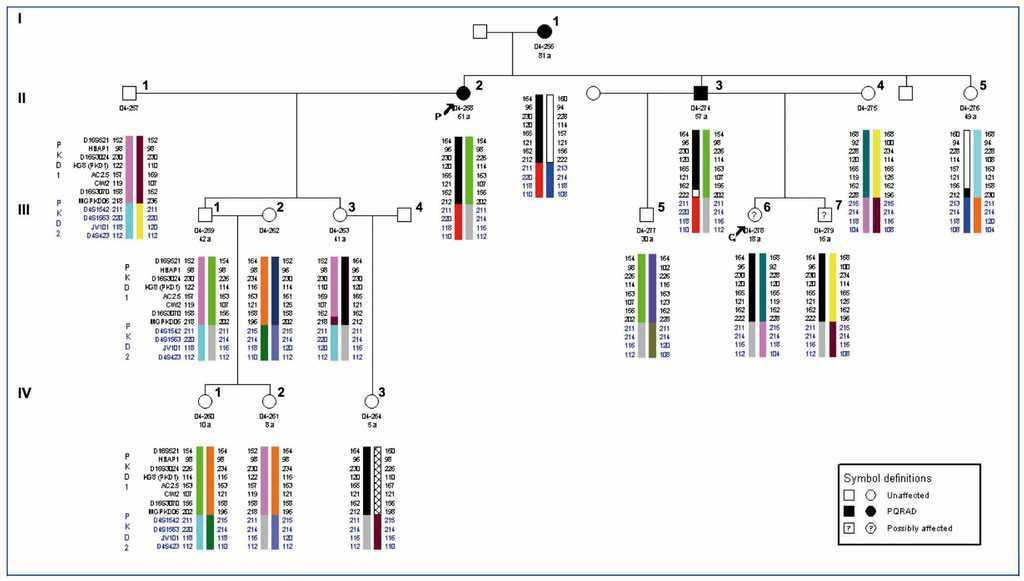





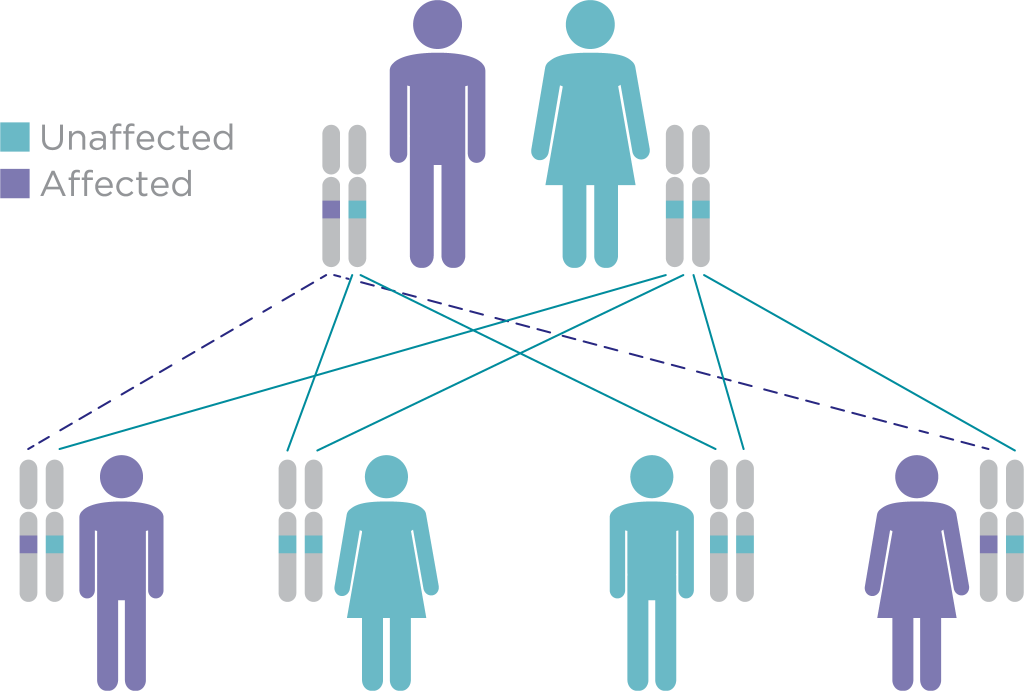
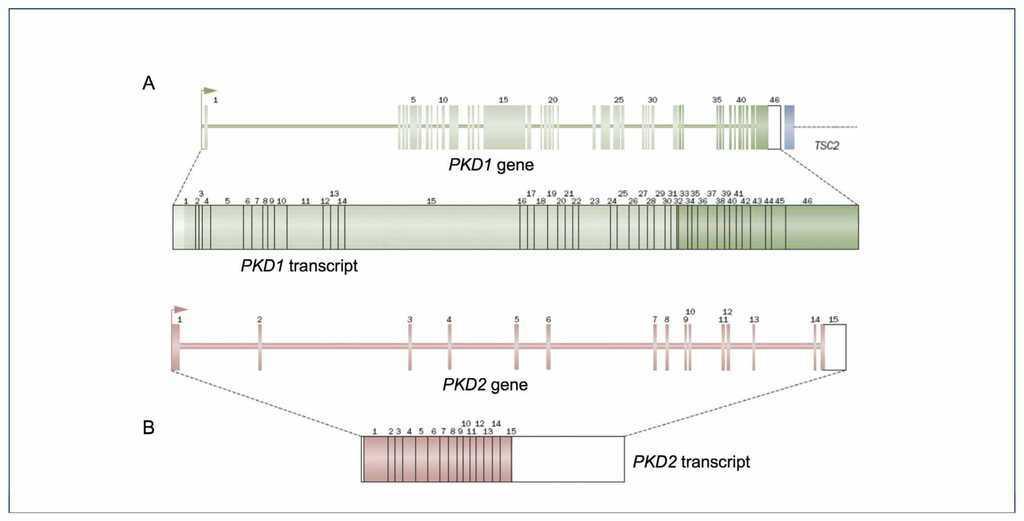
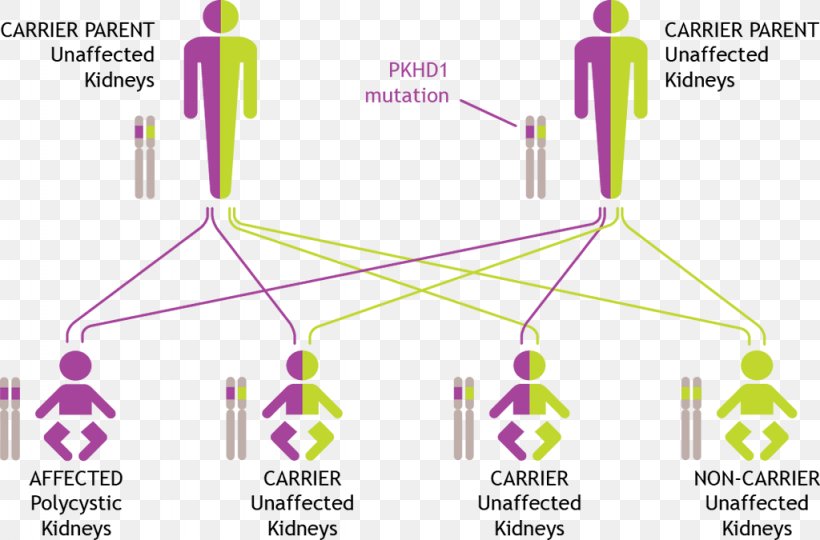


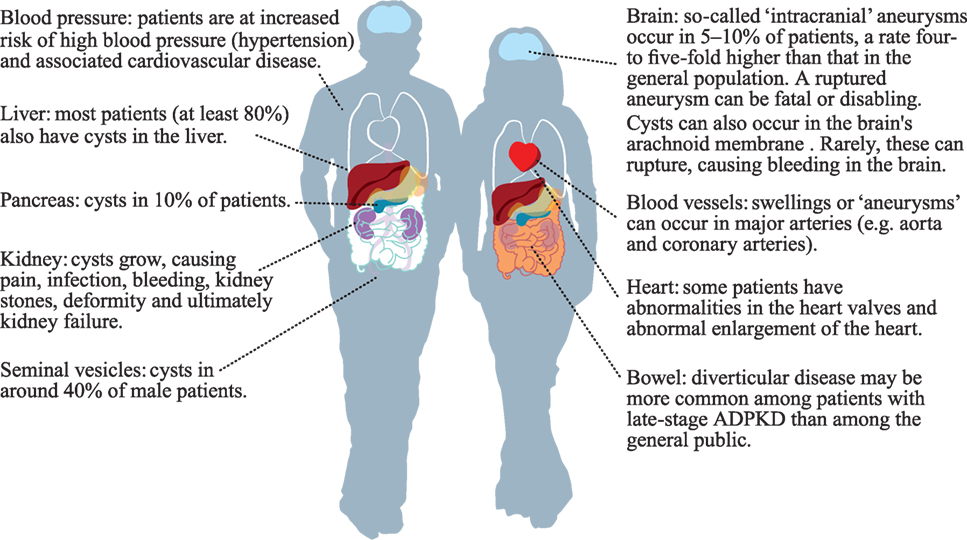





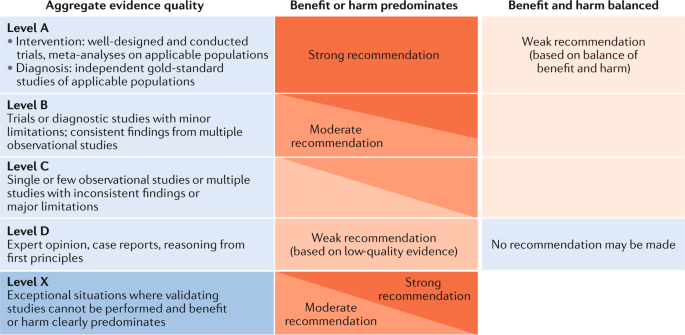

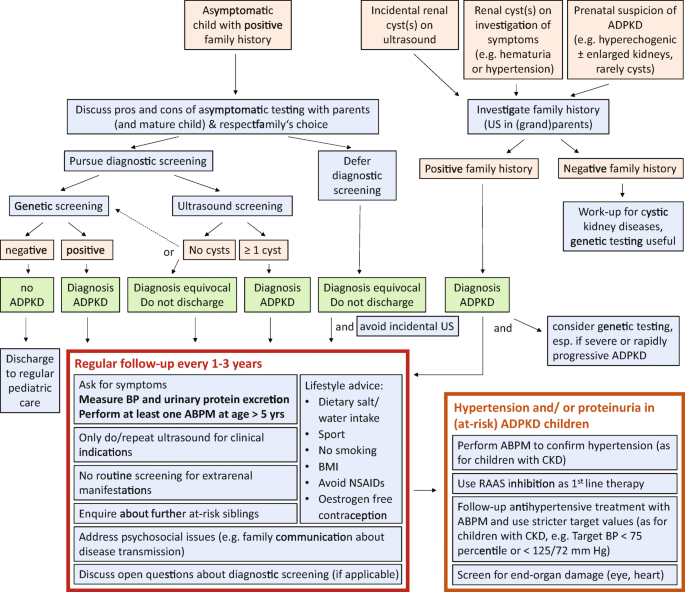

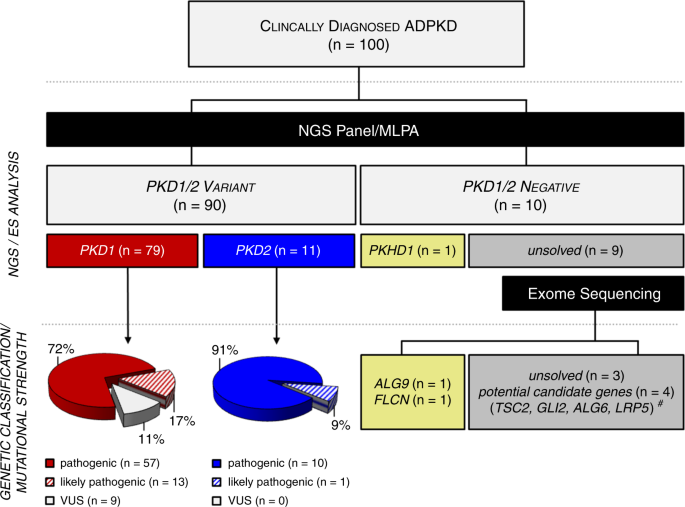
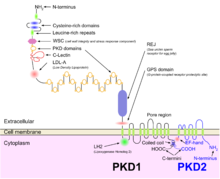









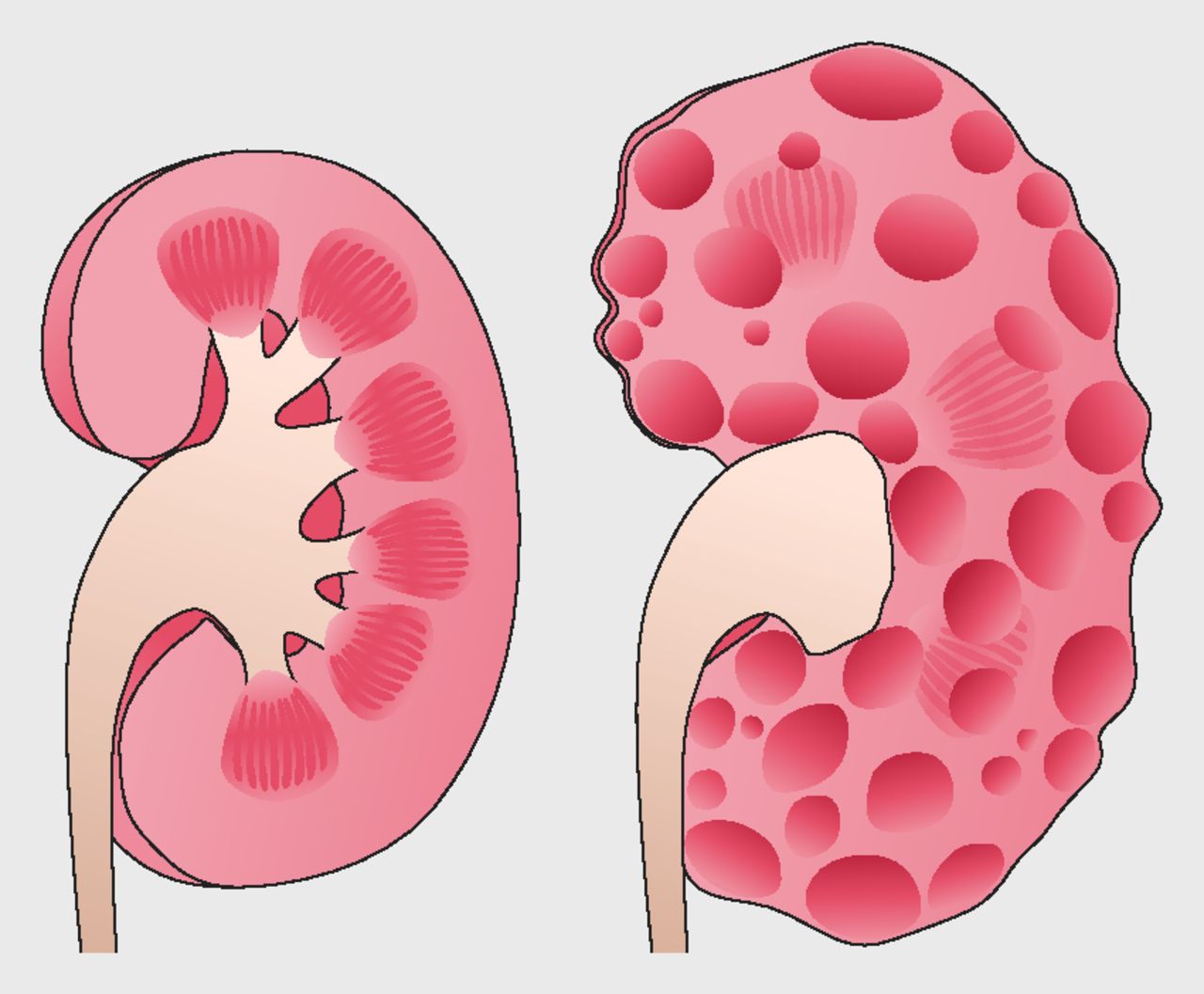

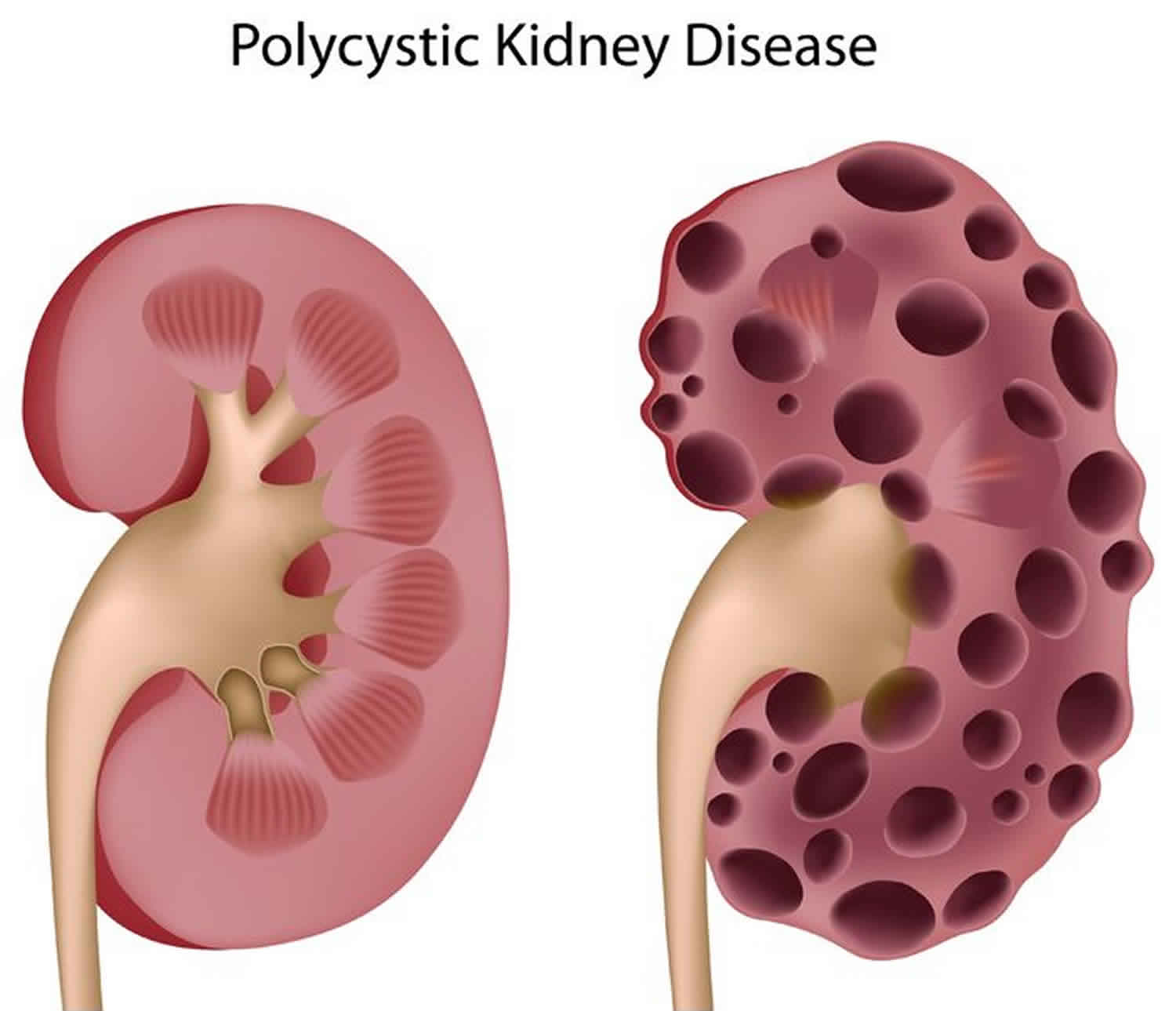



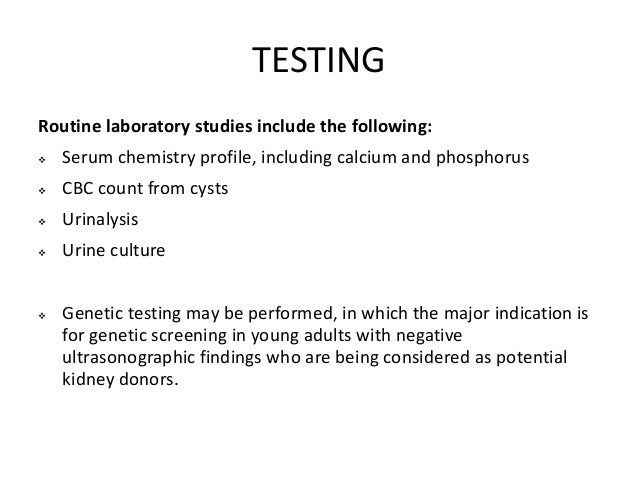

Post a Comment for "Genetic Test For Polycystic Kidney Disease"